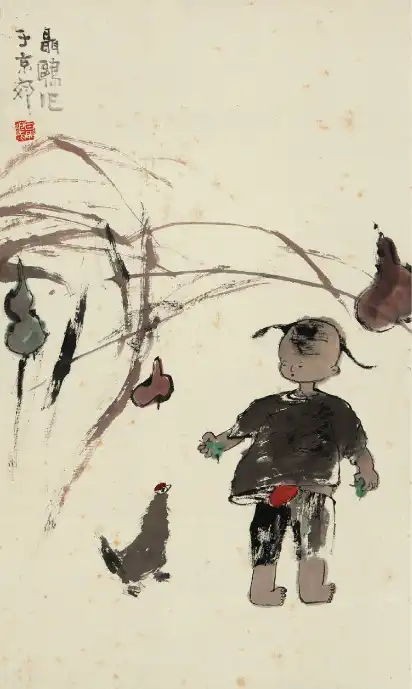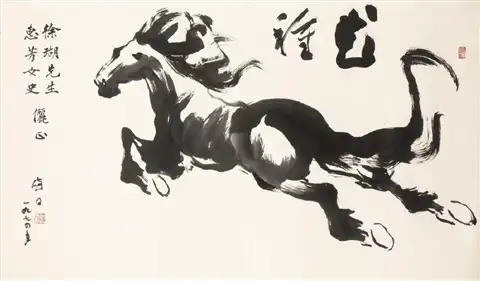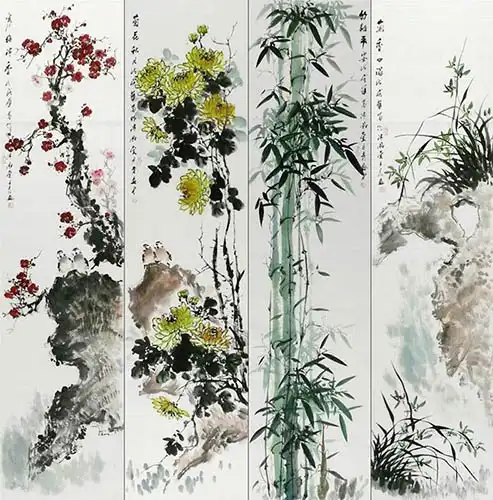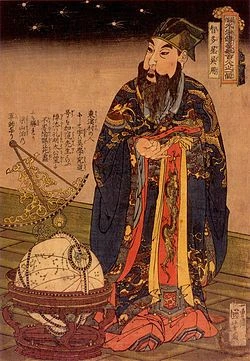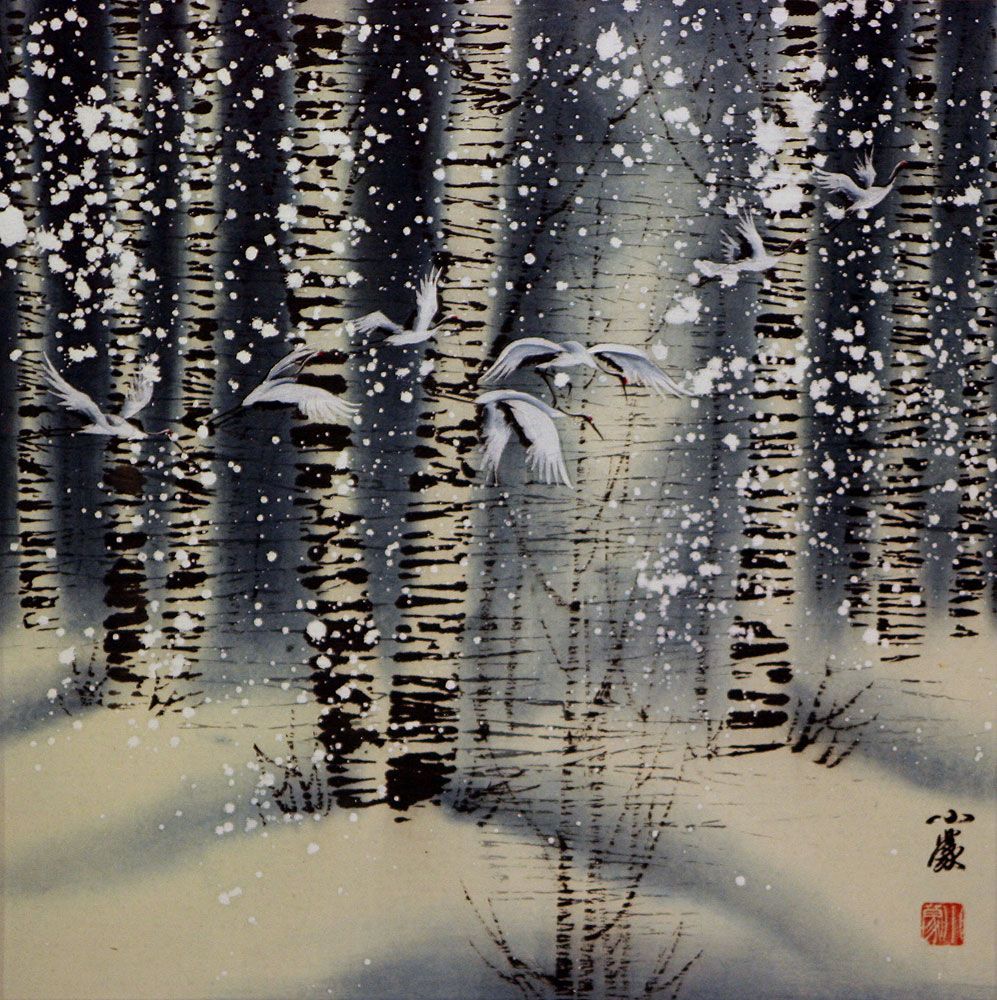
Season winter relates to element Water. The color black, and the organ Kidney also relate to element Water. Nothing grows in the winter yet there are dark colored foods that are good to consume during that period to nourish the Kidney. Such are chestnuts, walnuts, raisins, dried plums, black mushrooms, black sesame seeds. Blackberries, mulberries and blueberries are profoundly rich in nutrients and are wonderful winter supplementation. (1) They can be collected in the summer, dried and added to our winter herbal teas. Beans are shaped like Kidney thus are believed to be one of the best Kidney foods especially dark colored beans and black beans (to learn about the Kidney from the perspective of traditional Chinese medicine visit the Physiology chapter)
Salty foods also nourish the Kidney, as the salty flavor is the flavor of Water element. Salty foods are soy sauce, seaweeds, millet and barley. (1) All types of fermented vegetables have salty flavor nourishing the Kidney yet supplementing the body with the necessary nutrients in the winter. Fermented vegetables are perfectly preserved without loosing any of their vitamins, minerals or digestive enzymes. Vegetables that are used for fermentation are carrots, cauliflower, red peppers, cabbage, pickles, i.e. vegetables with neutral and warm nature thus vegetables appropriate for the cold winter season.
YS
(1) Pitchford, Paul (2002). Healing with Whole Foods. Berkeley: North Atlantic Books
Related Articles:
The Six Climatic Factors and the Five Elements
Please read our Disclaimer





